Professor Nirmal Ranjith Dewasiri, a staunch supporter of the National People’s Power (NPP), has drawn parallels between President Anura Kumara Dissanayake’s current political strategy and that of former President Mahinda Rajapaksa, suggesting that both leaders have employed “temple politics” to secure the support of Sri Lanka’s elderly population.
In a recent public statement, Prof. Dewasiri noted that the country’s aging demographic plays a pivotal role in electoral outcomes, with many older citizens inclined toward a religiously guided lifestyle, often centred around meditation and spiritual practices.
“The elderly comprise a significant portion of the electorate,” he said. “Their religious values and lifestyle choices make them particularly receptive to political figures who visibly align themselves with the temple and clergy.”
According to Prof. Dewasiri, Mahinda Rajapaksa effectively leveraged these connections in the past, strengthening his political base through active engagement with religious institutions.
However, he observed that the Rajapaksa administration’s credibility diminished over time, eroding the goodwill initially built among this key demographic.
He now sees a similar approach being adopted by President Dissanayake, who appears to be engaging with religious circles in an effort to appeal to older voters ahead of future elections.
“In the current political climate, where trust in leadership is fractured and public sentiment is volatile, it is increasingly difficult to build momentum without addressing the concerns and values of the elderly,” Prof. Dewasiri added.
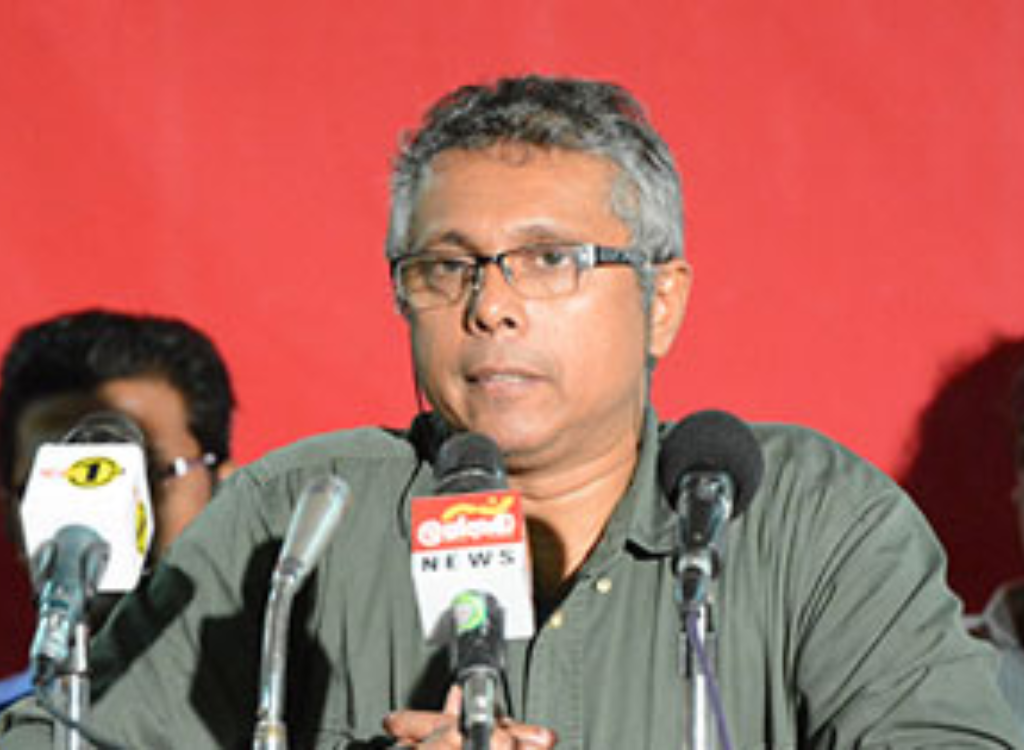
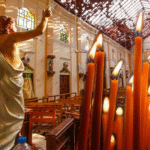
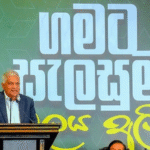
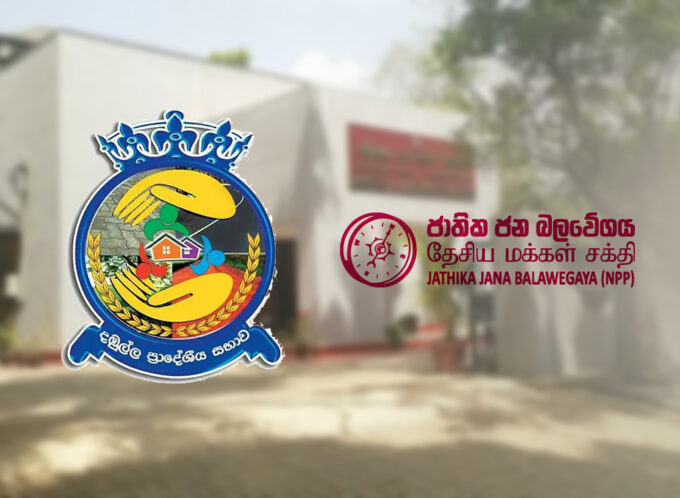
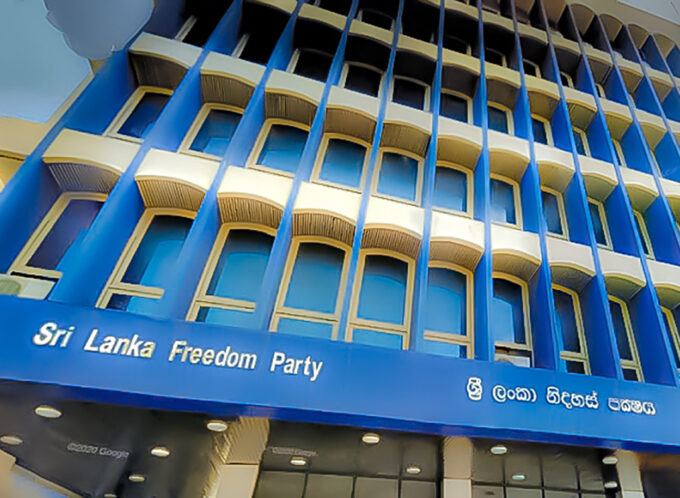
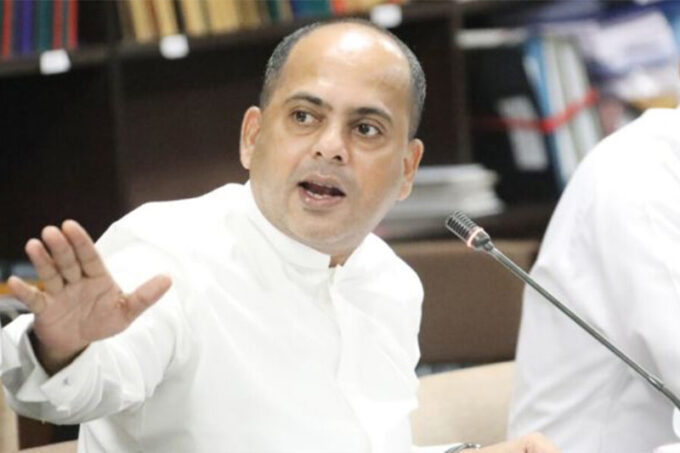
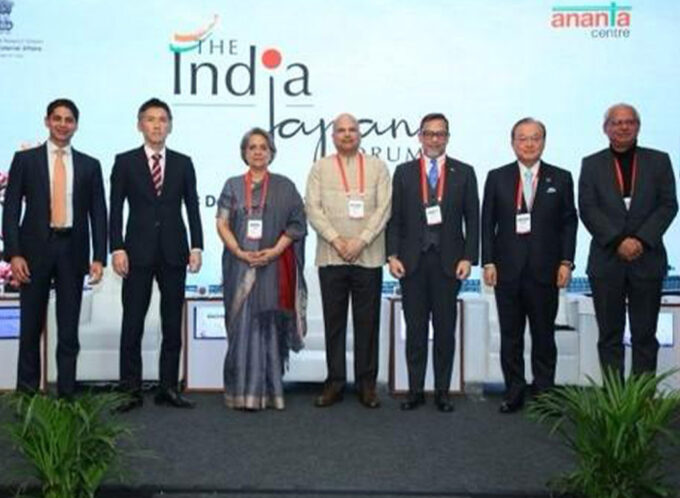

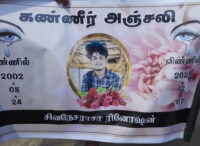
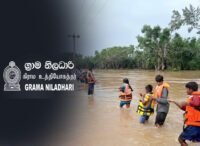

Leave a comment